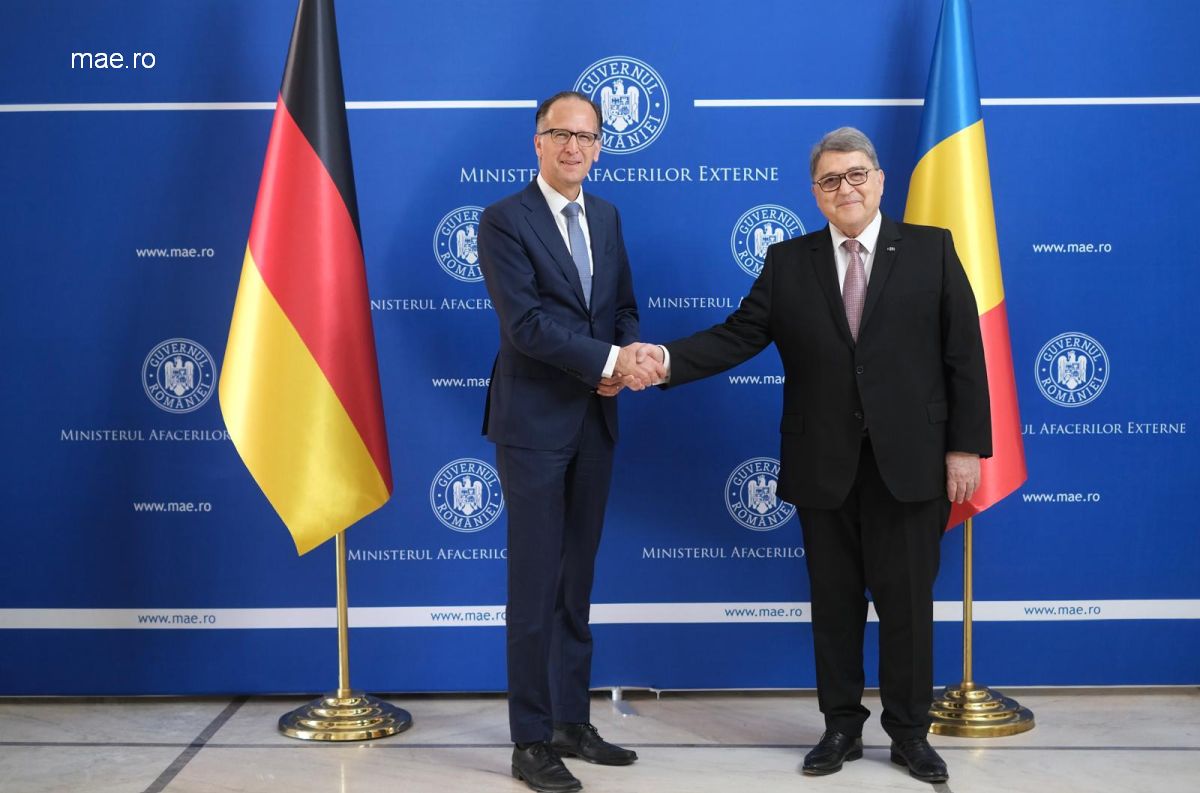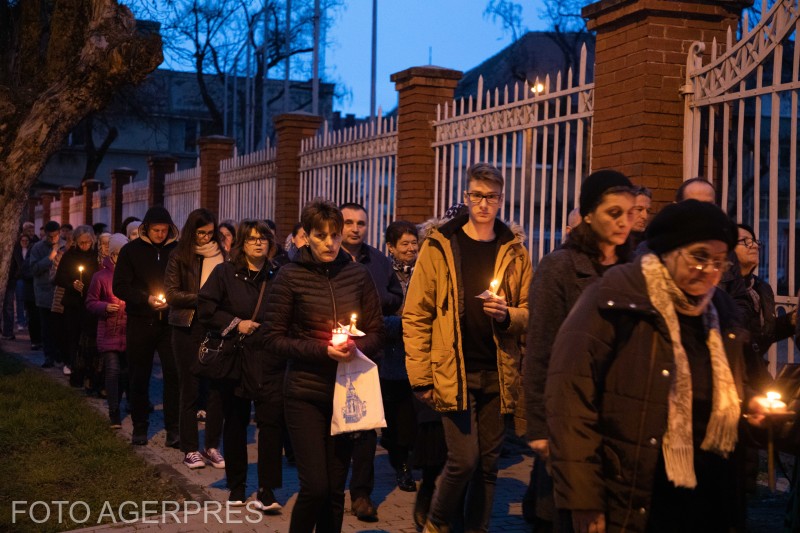The increase of the EU fund absorption rate
By the end of the year, Romania might absorb 70% of the EU funds it has been earmarked.

Roxana Vasile, 27.10.2015, 13:35
The exponential development of such countries as Portugal, Ireland or Spain shortly after their EU accession made Romanians hope that once they joined the EU, they would enjoy at least a similar well-being, due to the EU funds they would be allocated. However, the reality has contradicted them! The over-bureaucratic procedures of access to the funds or unpredictable procedural changes are just two of the drawbacks condemned by many of those who asked for European money.
Early this year, according to the European Commission representation in Bucharest, Romania reported the lowest absorption rate, far below the EU average. However, the situation might change and by the end of the year, this country might absorb 70% of the funds it has been earmarked, since at present the absorption rate stands at 65%, as the Minister for European Funds, Marius Nica told the Chamber of Deputies. Three months before the closure of the 2007-2013 financial year, Romania has absorbed 12.8 of the 19 billion Euros it has been earmarked for that period. As Minister Nica said, Bucharest has failed to spend more European money, due to the slow absorption rate reported in the previous years. Minister Marius Nica:
“In 2009, the absorption rate stood at 0.7%, in 2010 – 1.1%, in 2011 – 3.6%; so, its no wonder that well reach only an absorption rate of about 70%. Let me go on: in 2012, the rate was 5.9%, in 2013 – 15.14% and in 2014 – 18.56%.
In the meantime, measures have been taken to benefit the end-users. Minister Marius Nica again:
“Over 2007-2009, the period of assessing a project of the Sectoral Operational Programme “Human Resources Development ranged from one year to one and a half year, during which time, the beneficiary no longer existed. At present, we pledged that the evaluation period should be 70 work days starting the moment the project was submitted until the evaluation and signing of the funding contract.
Although the opposition has criticized the government for Romanias losing European money, representatives of all parliamentary groups have agreed that the flaws in the system should be done away with, so that this financing source might no longer be lost. Both the Democratic Union of Ethnic Hungarians in Romania and the National Liberal Party have expressed their readiness to help simplify procedures and prepare the next financial year. Liberal MP Mircea Toader:
“Give us the package of laws on tenders and public procurement! Were all interested in using those funds and Ive often said, even within my party, that it is nonsensical for any minor company to be able to block all sorts of public tenders.
For the 2014-2020 financing period, all operational programmes for Romania are approved, 23 billion Euros being allocated.






























